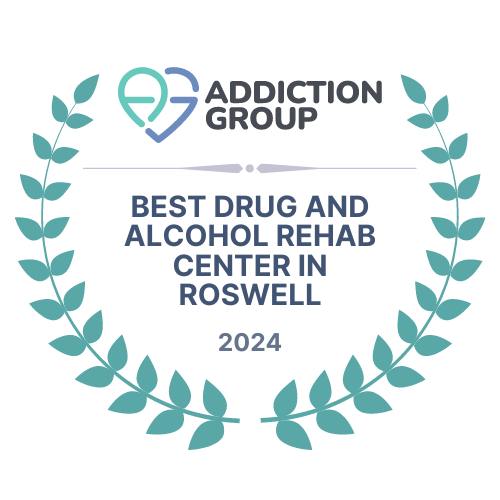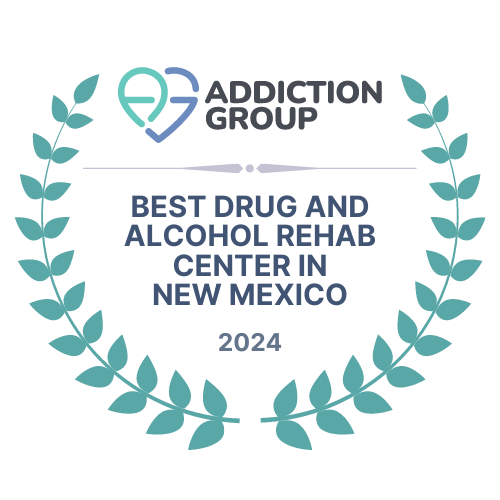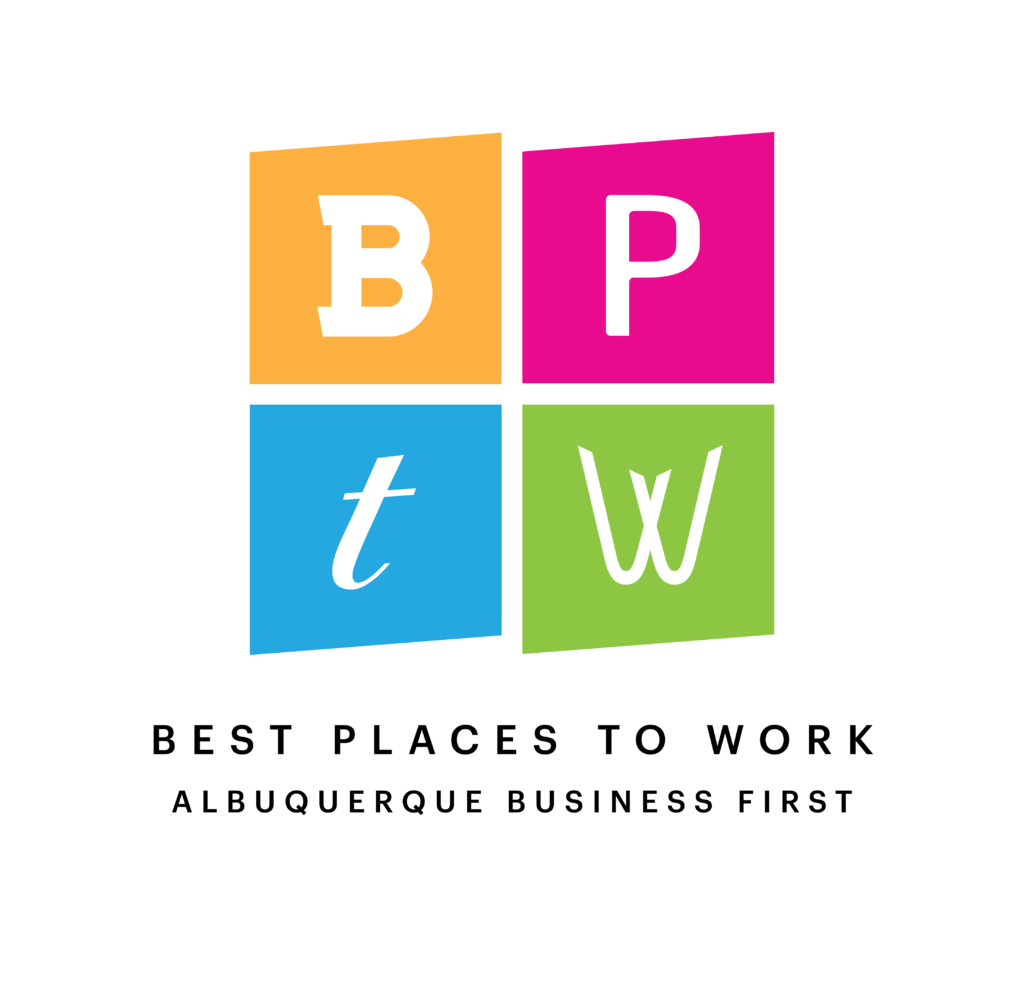Welcome to Renew Health, where we are dedicated to providing compassionate care and comprehensive treatment options for those looking to overcome substance use disorders. Today, we’re diving deep into an essential first step for many on their journey to recovery: medically managed withdrawal. This guide aims to shed light on the process, debunk common myths, and offer insight into how a medically supervised approach can pave the way for a healthier, substance-free life.
What is Medically Managed Withdrawal?
Medically managed withdrawal, often referred to as detoxification, is the process of safely managing the acute physical symptoms of withdrawal from drugs or alcohol under medical supervision. This process is crucial for individuals who are dependent on substances and wish to stop using them, as withdrawal can be uncomfortable, and in some cases, life-threatening.
The Importance of Medical Supervision
Detoxification without medical supervision can not only be dangerous but also less effective, leading to a higher likelihood of relapse. Medical professionals can provide medications to ease withdrawal symptoms, support to manage psychological distress, and monitoring for any complications that may arise. This supportive environment ensures that the process is as safe and comfortable as possible, allowing the individual to focus on their recovery without the added stress of severe withdrawal symptoms.
What to Expect During Medically Managed Withdrawal
The experience of medically managed withdrawal can vary significantly depending on the substance used, the duration of use, the dose, and the individual’s overall health. However, most people can expect the following steps:
- Assessment: Upon entering a medically managed withdrawal program, a comprehensive assessment will be conducted. This includes a medical examination, substance use history, and a discussion about mental health. The assessment helps the medical team create a personalized detox plan.
- Detoxification: The core phase of medically managed withdrawal. During this time, the body clears itself of substances under the close supervision of healthcare professionals. Medication may be administered to mitigate withdrawal symptoms, which can range from mild anxiety and insomnia to more severe symptoms such as seizures or delirium tremens (DTs) in the case of alcohol withdrawal.
- Monitoring and Support: Throughout the detoxification process, the medical team will monitor vital signs, withdrawal symptoms, and overall well-being. Psychological support is also provided to help manage emotional and mental health challenges that often accompany withdrawal.
- Planning for Aftercare: Successful detox is just the first step in the journey to recovery. Before the completion of the detox program, a comprehensive aftercare plan is developed. This plan may include ongoing therapy, medication-assisted treatment (MAT), support groups, and strategies for relapse prevention.
The Role of Medications in Medically Managed Withdrawal
Medications are often a critical component of medically managed withdrawal, helping to reduce cravings and alleviate physical and psychological symptoms. The specific medications used will depend on the substance from which an individual is withdrawing and their unique health needs. Some common medications include:
- Benzodiazepines: Used primarily for alcohol withdrawal, they help reduce anxiety and prevent seizures.
- Methadone and Buprenorphine: Used for opioid withdrawal, these medications ease cravings and withdrawal symptoms.
- Naltrexone: Helps prevent relapse into opioid or alcohol use by blocking the euphoric effects of these substances.
Beyond Detox: The Journey Continues
Detoxification is a vital step towards recovery, but it’s just the beginning. True recovery involves addressing the psychological, emotional, and social factors that contributed to substance use in the first place. Comprehensive treatment programs offer therapy, support groups, and education to help individuals build a strong foundation for a substance-free life.
Conclusion
Medically managed withdrawal is a crucial first step on the path to recovery, offering a safe and supportive environment for individuals to begin their journey towards health and wellness. At Renew Health, we understand the challenges of overcoming substance use disorders, and we’re here to provide the care, support, and guidance needed every step of the way.
If you or someone you love is struggling with substance use, remember that help is available. With the right support, recovery is not just possible; it’s within reach. Contact us today to learn more about our medically managed withdrawal program and how we can help you or your loved one start the journey to recovery.








